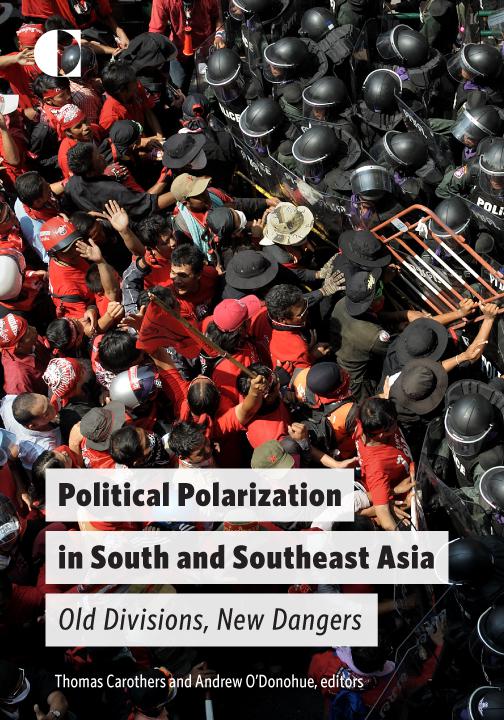Political polarization is causing an increasing impact on democracy across the globe. The 10 ways include increasing divisiveness, developing negative attitudes towards opponents, reducing civic participation, undermining trust in government, exacerbating social and economic inequality, weakening political parties, increasing the influence of special interests, reducing free and open debate, reducing governability, and threatening the stability of democracy. Polarization leads to a lack of compromise, making it difficult to pass any meaningful legislation. It also discourages participation in politics and weakens political parties. Action needs to be taken by citizens, political leaders, and institutions to reduce polarization and promote the values of democracy that unite societies rather than divide them.
10 Ways Political Polarization is Impacting Democracy
1. Increasing Divisiveness
Political polarization is causing severe divisiveness in many countries, causing people to become more entrenched in their beliefs and less willing to consider opinions different from their own. This is leading to a lack of compromise and makes it difficult to pass any meaningful legislation.
2. Cultivating Negative Attitudes towards Opponents
Polarization often leads people to view those who have differing opinions as their enemies, rather than individuals with whom they can respectfully disagree. As a result, politics becomes increasingly acrimonious and personal attacks become more common.
3. Reducing Civic Participation
Polarization can discourage participation in politics, particularly among groups that feel excluded or that their interests are not represented. This can lead to a lack of diversity in political discourse and policies that don’t reflect the needs of all citizens.
4. Undermining Trust in Government
Increased political polarization leads to a lack of trust in the government and the institutions that govern society. This can make it difficult for governments to implement policies effectively and can create instability within society.
5. Exacerbating Social and Economic Inequality
Polarization can lead to policies that prioritize the interests of certain groups over others, which can exacerbate existing social and economic inequality. This can lead to a lack of social cohesion and create tensions between different groups within society.
6. Weakening Political Parties
Polarization can cause major rifts within political parties and lead to a lack of consensus among party members. This can weaken political parties and make it difficult for them to mobilize voters and remain relevant.
7. Increasing the Influence of Special Interests
Polarization can make it easier for special interest groups to influence political decisions, as politicians may be more likely to support extreme policies favored by a vocal minority. This can result in policies that do not benefit the majority of citizens.
8. Reducing Free and Open Debate
Polarization can lead to a reluctance to engage in free and open debate, as people may feel attacked for their beliefs. This can lead to a lack of dissenting voices and the suppression of ideas that could be beneficial to society.
9. Reducing Governability
Polarization can make it difficult for governments to govern effectively, as compromise and cooperation become increasingly difficult to achieve. This can lead to policy gridlock, stalling progress on important issues.
10. Threatening the Stability of Democracy
The increasing divide between political factions can pose a significant threat to the stability of democracies, as people may become more willing to adopt extreme or even violent measures to achieve their aims. Democracies depend on compromise and the rule of law, and when these are threatened, the very foundations of democracy can be undermined.
Conclusion
Polarization is having a serious impact on democracy across the globe, reducing participation, undermining trust in the government and institutions, and threatening the stability of democracies. Action needs to be taken by citizens, political leaders and institutions to reduce polarization and promote the values of democracy that unite societies rather than divide them.
